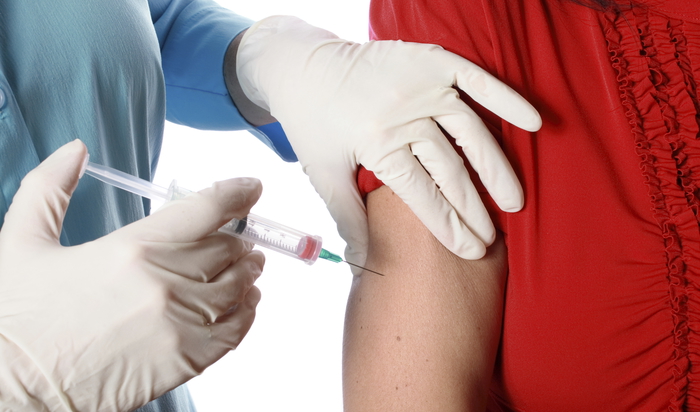The Food and Drug Administration (FDA) has approved Yeztugo, a biannual injectable medication that, in clinical trials, nearly eliminated HIV transmission. This new treatment, based on the active ingredient lenacapavir, marks a significant breakthrough compared to traditional daily PrEP (pre-exposure prophylaxis) pills. According to Mitchell Warren, executive director of the advocacy group AVAC, this represents “the best opportunity in 44 years” to prevent the disease, with the potential to drastically reduce new cases, particularly among gay and bisexual men and transgender individuals, the groups still most affected by the virus.
In trials conducted by pharmaceutical company Gilead Sciences, Yeztugo showed remarkable efficacy: it reduced the risk of HIV infection by 89% compared to Truvada, the previous oral PrEP drug, and by 96% compared to no prophylaxis at all. In another study involving cisgender women in sub-Saharan Africa, none of the participants who received the injection contracted the virus, further confirming the broad effectiveness of the medication across diverse populations.
However, despite the enthusiasm, the future of the drug remains uncertain. Its high price over $14,000 per dose will likely limit access, especially in the absence of comprehensive insurance coverage. Some insurers may favor cheaper generic versions of oral PrEP pills or impose high copays for lenacapavir.
Another major challenge comes from the current political climate: sweeping federal budget cuts to HIV prevention and research programs, driven by the Trump administration, have significantly reduced available funding for the Centers for Disease Control and Prevention (CDC) as well as for other key institutions. These funds are critical for educating at-risk populations and medical professionals about new therapies and supporting their rollout. The proposed closure of the CDC’s HIV prevention division, along with a $1.5 billion budget reduction, could seriously undermine these efforts.
The main challenge now is ensuring that people at risk can access and maintain treatment on a regular basis. Recent studies show that fewer than half of oral PrEP users continue taking it beyond six months, highlighting the need for more practical and sustainable solutions.
Gilead Sciences has announced patient assistance programs to help cover costs, offering the drug for free to uninsured low-income individuals. Additionally, some telehealth companies and community clinics are already preparing to provide Yeztugo in urban areas with high HIV incidence offering hope for broader and more inclusive access.












